The content of the article
Coffee is a drink loved by many. If there is often debate about tea and many people really do not like it, then almost everyone drinks coffee. There are many varieties of it: espresso, cappuccino, latte, mocha, glace, americano and many, many others. It is impossible to resist the sight of such a variety and not to try at least something. Everyone knows that coffee is very harmful to the body. But is this really so?
Drink history
Coffee has a long history, full of secrets and mysteries. Ethiopia is believed to be the birthplace of coffee tree. It was there that they first tasted coffee grains. Legend has it that one of the monastery shepherds noticed how some red berries give strength and energy to his goats. He gave these grains to the abbot of the monastery, and he, making sure of their miraculous power, began to supply the grains of coffee with his monks. However, in those days they were simply chewed without frying or brewing with water.
Later, Arabs came to Ethiopia, who made from coffee beans something in the form of sweets. They came up with pouring coffee in water. It began to fry only in the XIII century AD. Then they learned about the drink in Europe, and began to purchase grains. The spread of coffee trees outside the Arabian Peninsula was largely helped by the Ottoman Empire and its campaigns in different parts of the world.
There are legends that merchants secretly exported coffee beans to various continents during the Great Geographical Discoveries. This helped to lower prices. And now we can drink coffee grown in Brazil, Costa Rica, in Cuba.
What is coffee like?
Many people think that it is just black coffee and coffee with various additives. Different names occur depending on the additives. However, real connoisseurs of this drink know that even black coffee can be different. It is important to know the simple layman who periodically drinks this drink. The fact is that the strength of the drink and all its properties depend on the roasting of coffee and its variety.
According to the degree of roasting, they produce (ascending):
- Scandinavian type. The lightest grains, well dried, but only slightly fried. Such coffee has a sour taste and strong aroma, it is often consumed with additives.
- Vienna type. Beans of such coffee are slightly darker than Scandinavian roasting, but the taste differs significantly. Viennese coffee has a sweetish flavor and a less saturated aroma.
- American type. Americano lovers can only distinguish it from all the others by its aroma alone. This is a drink with subtle bitterness and a pleasant coffee aroma.
- French type. It is slightly darker than the American one and has a more bitter velvety hue of taste.
- Italian type. This is a classic coffee recipe. Bitter and rich espresso is obtained from Italian roasted beans.
- Continental type. Not everyone will like such coffee. A very bitter, so-called black espresso. Many call it coffee-adrenaline.
The higher the degree of roasting, the more tonic properties coffee has. A drink from the grains of the last two types of roasting is generally not recommended to be drunk after dinner, only in the morning in order to cheer up. It is worth saying that instant coffee is much weaker than brewed. Its properties are less affected by the degree of roasting. In addition, the maximum amount of tonic substances contain only whole grains. Ground coffee quickly loses them.
In addition to roasting, the coffee tree variety is of great importance. On an industrial scale, only two of its species are used: arabica and robusta. The first grade is classic and grows on the Arabian Peninsula.These are the same coffee beans that have an oblong shape and a characteristic curvature. Such coffee costs more, but its aroma and taste are worth it. Robusta is brought from Indonesia, Sri Lanka and India. The grains are rounded and light in color. Its taste and aroma is different from Arabica, but it contains more caffeine. Robusta is often used for making instant coffee.
The effect of coffee on the body
Further, we will only talk about black custard coffee made from arabica beans. Only the severity of the properties listed below will depend on the degree of roasting. It is worth remembering that various additives change not only the taste, but also the properties of coffee.
Studies of the properties of coffee were carried out in 2016. Their result was the following data:
- Effect on the cardiovascular system. It was previously believed that coffee causes a persistent increase in blood pressure in those who abuse it, and also increases the risk of coronary diseases. It turned out that this drink can actually increase blood pressure by 10 mm Hg, but, on the contrary, for those who rarely drink it. A persistent increase in blood pressure does not cause everyone. In addition, it turned out that the drink does not at all affect the development of coronary diseases.
- Coffee and diabetes. It turned out that diabetics are not only not harmful, but it is even useful to drink coffee. Of course, no sugar. The fact is that coffee increases insulin sensitivity and reduces the possibility of developing type 2 diabetes. However, those who are treated with insulin should better avoid drinking coffee or adjust the dose of drugs.
- Nervous system. The caffeine contained in this drink really has a tonic effect. With infrequent use, it increases performance, removes drowsiness, helps fight migraines, and even enhances the effect of analgesics. However, with frequent use, caffeine is addictive. Its use no longer has a tonic effect, and the absence, on the contrary, causes drowsiness and apathy.
- The effect on the digestive system. The study found that coffee reduces the risk of liver disease. In people with alcoholism and regularly drinking coffee, cirrhosis of the liver is significantly less common than in alcoholics who do not drink coffee.
- Coffee and bones. The drink acts negatively on the skeletal system. It is able to leach calcium from bones, increasing their fragility and increasing the risk of fractures.
- Oncology. It was previously believed that coffee is a carcinogen that can cause cancer. It turned out that there is no evidence that this drink increases the risk of developing tumor diseases. In 2016, coffee was excluded from the list of carcinogens. Then it turned out that it reduces the risk of developing prostate cancer and breast cancer.
- Coffee and pregnancy. Caffeine is able to cross the placenta. It negatively affects the cardiovascular system of the fetus, and can also cause him anemia. Abuse of the drink may result in premature birth or miscarriage.
Contraindications
Based on all of the above, we can say that it is undesirable to drink coffee:
- Patients with hypertension or secondary hypertension.
- Suffering from type 1 diabetes and using insulin for treatment.
- Older people with osteoporosis.
- Children at the time of growth and development of bones and teeth.
- Persons with an excitable type of nervous activity, mental illness and a tendency to aggression.
- Pregnant at any time.
It is worth saying that all other categories of people should drink coffee only in moderation. One or two cups a day is enough. Strong espresso is measured in cups with a volume of 50 ml, US - 100 ml.
Thus, we can conclude that coffee has a lot of useful properties, but at the same time, a lot of dangerous. Recent studies have made it possible to accurately determine which structures of the body and how exactly coffee affects.In the absence of contraindications, its moderate use is of great benefit to the body.
Video: the dark truth about coffee

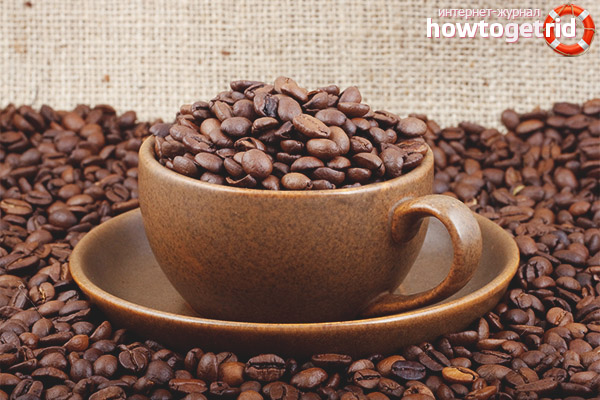


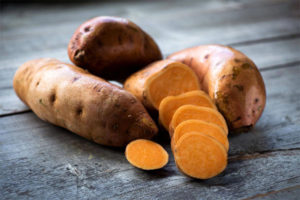
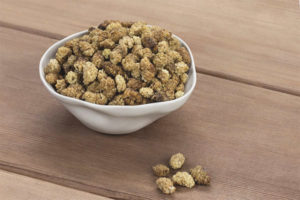
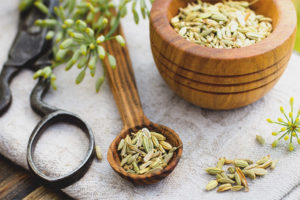
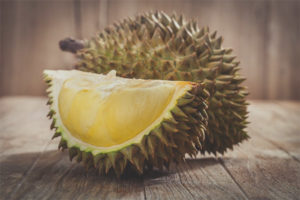

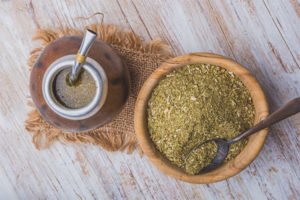
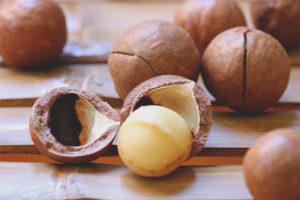
Submit